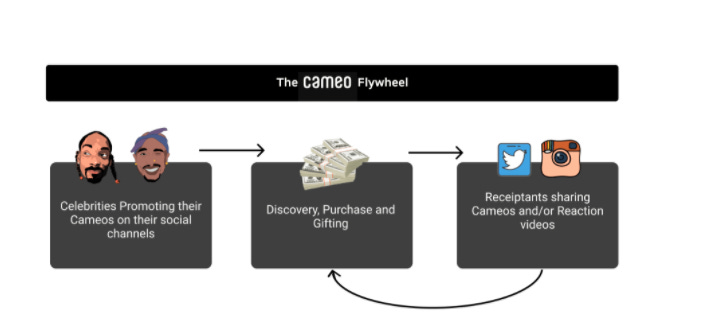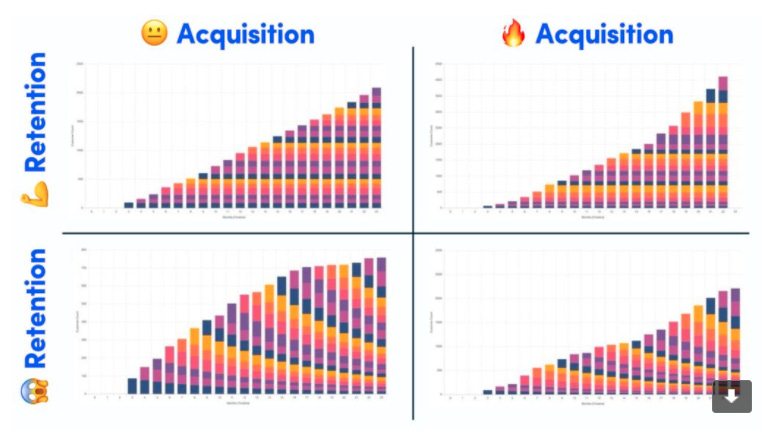Incentives run the world.
In other news, Cameo has figured out free marketing with its successful flywheel and Andrew Chen warns us about premature scaling.
Improving incentives
From The Curiosity Chronicle, by Sahil Bloom
Incentives govern everything. People make decisions that are rational within their worldview and goals, but we’ve historically been bad at setting them
Bad incentives usually follow 3 archetypes: ignoring what’s really important, a narrow focus, and choosing vanity over quality
A better method: understand people’s objectives, understand the stakes, and make the incentive creator have some skin in the game
The rise of Cameo
From First 1000, by Ali Abouelatta
When co-founder, Martin Blencoe, asked his first D-list NFL client, Cassius Marsh, to film a short happy birthday clip for his friend, Steven Galanis saw potential immediately.
They had a rocky start (Cassius was labelled a sell out by his fans), but when their first customer was this happy, they knew they had tapped into something special.
They found their market once they branched out from pro athletes and turned to the Famous But Not Rich crowd
The customers do all the promoting for the them. Each video created and shared leads to money spent on the next one.
Premature scaling fails
It can be dangerous to scale a product while the product-market fit is somewhat questionable.
Avoid being too optimistic. Don’t start scaling before your existing users are sticky.
Doing otherwise will cause you to burn a ton of money very quickly.
Consider where your product sits in relation to other successes, as well as failures, in the market to benchmark your metrics.
Extra Reading
Measuring happiness (Of Dollars and Data, by Nick Maggiulli)
Bored Ape Yacht Club community success (Creator Economy, by Peter Yang)
Power dynamics in VC (Divinations, by Nathan Baschez)
The Content Moderation Double-Blind Theory (Napkin Math, by Evan Armstrong)
3-2-1: Failure, Mindset, and Relationships (3-2-1, By James Clear)
Being the best in the world at something (Uncharted Territories, by Tomas Pueyo)






